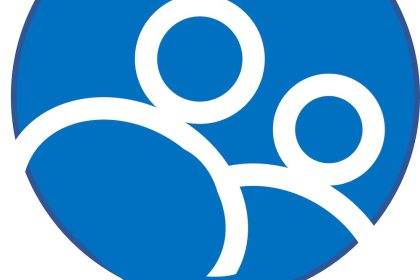In the previous blog an example of how coaching skills are helpful in a positive conversation was provided. Now consider the use of coaching skills in a tough conversation. 
Imagine HR or a manager/supervisor are speaking with someone who is failing to meet expectations. These coaching questions will frame the conversation effectively:
- How are things going here at work?
- What do you like about your work? – OR – What energizes you about your work?
- What are the challenges you are facing?
- What is your understanding of the responsibilities of your job?
- What is your understanding of the expectations?
As appropriate, HR or the manager/supervisor can provide the job description to refer to in the moment or add information here.
Continue the conversation with this coaching approach:
- Given the responsibilities and the expectations, what is/are the gap(s) you recognize in your performance?
As appropriate, HR or the manager/supervisor can provide specific input / observations. A smart add afterwards is to say, “I want to support you figuring out what you want to do with the feedback.”
If a stronger approach makes sense, they may say: “Currently the work you are doing is not meeting expectations (insert specifics here).” Follow this up with more coaching questions:
- What is your awareness of the impact this has on customers?
- What is the impact on your colleagues?
- How does it impact your opportunities?
Next the conversation can again move forward:
- How will you course correct?
A nice wrap-up uses a common coaching question:
- What do you want your outcome to be in this job?
The coaching questions invite an underperforming employee to identify the performance gap and own their plan for correcting it.



